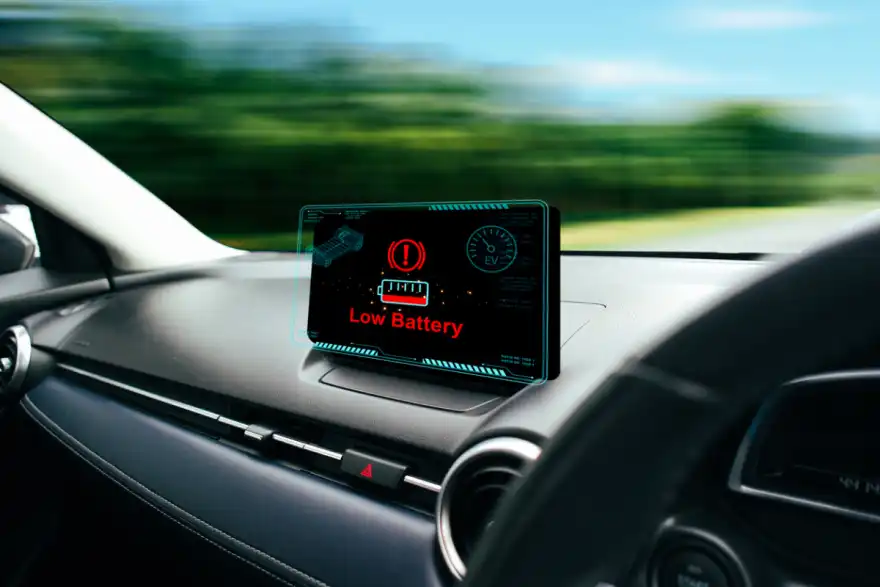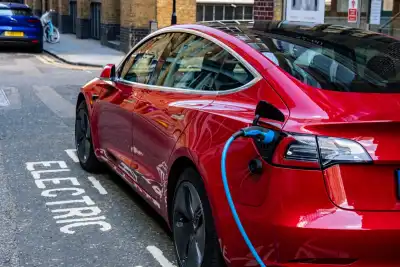
AA reports record-low breakdowns for electric vehicles due to low battery levels, signalling a reassuring trend for drivers.
In the 12-month period leading to October 2023, only 2.3% of electric car callouts were related to low or depleted battery charges, a significant drop from 8.3% in 2015 and 4.3% in 2021. The AA anticipates this figure to further decrease to 1% in the current year.
The decline is attributed to the expansion and increased reliability of the public charging network, providing more confidence for electric vehicle users.
Edmund King, AA president, said: 'There are still lots of myths being pedalled about EVs running out of charge on almost every long journey.
'At the AA we have evidence the evidence to show this is just not the case. So, range anxiety – where a driver worries their EV will run out of juice – should become 'a thing of the past.'
Among the 83,000 callouts between October 2022 and 2023, the most common issues were related to tires (21.5%), problems with charging the driving battery (19.8%), and the 12v battery (16.8%), similar to conventional vehicles. The AA's projected 1% breakdown due to low battery in EVs aligns with the proportion for petrol or diesel cars running out of fuel.
The positive trend is also attributed to advancements such as larger public charging networks, extended battery ranges in newer EV models, and improved driver education.
In response to the growing EV market, the UK government has announced a £70 million pilot scheme to enhance ultra-rapid motorway charge points. This initiative aims to address concerns about charging infrastructure, with plans for up to 10 high-speed trial sites across England, allowing EV owners to charge at 100kW, 150kW, or 350kW speeds in approximately 20 minutes or less.
Despite these positive steps, a report from the RAC highlights the Department for Transport's failure to meet its target of having at least six rapid or ultra-rapid chargers at every motorway service station in England by the end of 2023.
Continued efforts are needed to ensure the widespread availability of rapid chargers and dispel lingering concerns about EVs running out of power during long journeys.



